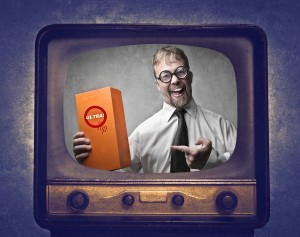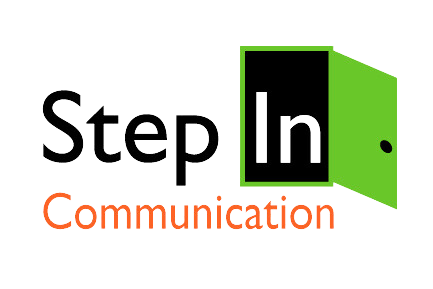 Sure, I took time off during the holiday season. Entertained friends, enjoyed time with family, read a little and yes, I watched TV.
Sure, I took time off during the holiday season. Entertained friends, enjoyed time with family, read a little and yes, I watched TV.
Around the holidays, television viewers are treated to the full force of the personalities who, with great professionalism and familiarity, anchor our news shows – national and local. But something also happens around the holidays. Those same news shows have significant time to fill in slots with lower ratings and so the content – and how it’s delivered – changes significantly.
The fumbles and stumbles always make me smile because I know how hard it is to get everything right for live television. Those minor flubs remind us that it’s live television and that robots are not delivering the 6 p.m. news- yet.
What really makes me wince about this time of year is the seeming lack of preparation by some of the interview subjects. Where is their PR professional, helping them to prepare? Did you not run through the anticipated questions? Did you not discuss what the little light blinking above the studio camera means and where you should look when it does? Did you not discuss taming your hair, what shirt to wear, the need for shaving?
Even though our continuous onslaught of incoming media makes it feel spontaneous, there’s still a great deal of preparation which can and should be part of getting ready for every TV interview.
Here’s a couple of observations from my week of holiday television watching.
1. Finish your sentences.
I listened to a very long (6 minute) interview in which the man being interviewed about a new program for job hunters did not finish one sentence without stopping mid-sentence and starting another. About 2 minutes in, I left the room because I couldn’t connect the dots
2. Have a game plan.
Did you chat with the person who was going to interview you prior to the live portion of the interview? Of course you did. So instead of wasting time talking about the weather or a football game, use the time to get an idea of where he or she will start the interview. That way you have time to craft a semi-coherent answer to the first few questions, which will make you look so much smarter than that “deer in the headlights” look I saw the other morning. (PSST: those papers that the news anchor has in her hand – they are her QUESTIONS!).
3. Use Normal People Words
Sure, you’re familiar with the definition of ‘obsequious’ and can handle using the word ‘presumptuous’ in a sentence, but on television, it comes off as arrogant and disconnects you from your audience. Next time, use superior and arrogant instead.
4. Get Help!
This is what a public relations professional can do for you. It’s one of our finest skills. We can walk you through what the set looks like, who you will be speaking to, why you shouldn’t wear white and prepare you for how blindingly fast a three minute interview really is. We have strategies to keep you from being on the next blooper reel.
